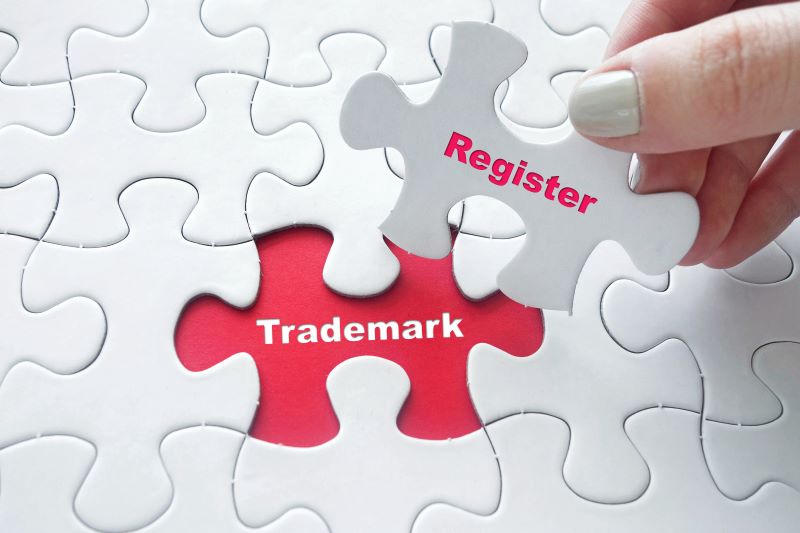Rationale for introduction of the right
The purpose behind the new related right is to improve the financial position of press publishers that now struggle to maintain their financial stability. In the last decade, people have changed the way they consume news and mainly have switched to news aggregation services and other online service providers. News aggregators like Google News or Bing News offer news from various sources and have become a one stop shop for many internet users. Their business model is based on posting short news snippets that are followed with a link to the article. As they offer easier ways for people to catch up with everyday events, for many consumers, this has become the preferred source of information. The current state of affairs permits news aggregators to exploit publishers’ investments in creating news by freely posting their news and gaining profit at the publisher’s expense, without being required to conclude a licensing agreement or pay any fee to press publishers. Having in mind the vital role that news publishers play in democratic societies, the EU has decided for a radical move in order to remedy the current situation and force news aggregators to start compensating news publishers for posting their content. The move is manifested in a proposal for the introduction of a new related right for press publishers, similar to the right that movie producers, record producers and broadcasters already have.
Scope of the right
The new exclusive right aims to grant to press publishers control over digital uses of their publications. That includes the reproduction right and the right of communication and making available to the public pursuant to Articles 2 and 3(2) of the InfoSoc Directive 2001/29/EC. The subject matter of the right is a press publication. The right is set to last for five years from the beginning of the year that follows the date of publication.
The revised text of the directive that was adopted by the European Parliament on 12 September 2018 differs from the earlier versions as it introduces some novelties with the aim to safeguard freedom of expression and answer to some of the initial concerns raised by the opponents of the new related right. For that reason, the newly introduced Paragraph 1a of Article 11 specifies that the new related right does not cover the use of press publications for legitimate private and non-commercial use by individual users. The same article in the following paragraph further specifies that the new right will not extend to mere hyperlinks which are accompanied by individual words. In other words, sharing a hyperlink that is followed with several words that describe the link will not be considered as an infringement of the new related right. Although the exact scope of this provision is yet to be interpreted in practice if not clarified before the final vote, it seems that news aggregation services will not be protected with this provision as they usually accompany links with an excerpt from the article that contains more than several words. Finally, the directive demands from member states to introduce a mechanism that will enable authors to partake in the additional revenue that press publishers receive when licensing the press publication.
Opposition – some of the concerns
The explanation given by the EU on why the new related right should be introduced into the EU legal system appears to be reasonable at the first glance. It is in the interest of the general public to prevent press publishers from struggling, and granting greater leverage to them when negotiating licensing fees seems legitimate. However, not everyone is satisfied with the wording of Article 11 and besides large publishers and press associations that are in support of the new exclusive right, it is hard to identify who else sides with them. Tech companies, scholars, non-governmental organizations along with other actors have all raised their concerns. The general sentiment is negative, and many critics fear that the new right will fail to fulfil its main objective to secure the extra revenue for publishers but will actually result in further asymmetry in the media market, threatening the freedom of expression.
Naturally, companies that operate news aggregation services are particularly against the new right that will require them to start paying licensing fees to the publishers for posting links accompanied by excerpts from their news articles. That is why a part of the public refers to the new related right as the “Snippet tax” or the “Link tax”. Google even went so far as to state that it will consider shutting down Google News in the EU countries if Article 11 is enacted in its current form. The same tactic was deployed in 2014 when the newly introduced Spanish legislation tried to force Google to remunerate publishers when sharing links and excerpts of news articles. As publishers were prohibited by law to conclude free licensing agreements, the tech giant decided to shut down the Spanish version of Google News. A year earlier, a similar right had been introduced in German law; however, as publishers lacked a bargaining chip and the traffic to their websites plunged, the law resulted in publishers giving free licenses to Google to use their publications. Both cases are often cited by the opponents of the directive when claiming that the right will not provide expected financial benefit as in the recent past the introduction of such related right did not live up to the expectations.
Another frequently heard concern is that the new exclusive right would make rights clearance for news articles more difficult. Namely, press publishers already acquire the author’s copyright on publications either through national rules on employer’s ownership or contracts with authors, hence the additional right would only add another layer of rights to the same copyrighted content and increase transactional costs. The consequence of that could be a scarcity of trustworthy information as news aggregators in the absence of licensing agreements with publishers could easily slide into posting news from unreliable sources that will not seek remuneration. Another possible outcome is that the main players on the news market like Google or Facebook, due to the increased transaction costs, would be the only ones able to conclude licensing agreements with the most relevant press publishers. The result would be asymmetry in the media market as smaller news aggregators and start-ups in the field would hardly be able to compete with the tech giants.
A brief comment
The idea to introduce a new right that will enable news publishers to gain additional profit and force information society service providers like news aggregators to compensate them seems fair on its face. The question is whether this is a proper way to do so. Having in mind the text of Article 11 as it stands now, it is evident that provisions are not clear enough and further wordsmithing is required. In addition to that, the aforementioned concerns raised by many stakeholders seem legitimate, and they must be taken into account. There is still time for further adjustments, and the EU negotiators should use the time wisely. Making such changes at this stage and finding a middle ground that will strike a fair balance between competing interests is going to be a demanding task, but policymaking was never meant to be easy.
Where are we at?
The earlier version of the Copyright Directive adopted by the European Parliament’s Committee on Legal Affairs (JURI) was rejected by the members of the European Parliament on 5 July 2018. After the text was brought back to the drawing board, an amended version of the Copyright Directive was adopted by the European Parliament on 12 September 2018.
At the moment, so-called “Trilogue negotiations” are taking place where the final text of the Directive will be decided in negotiations between representatives of the European Parliament, the European Commission and the Council of the EU. After that, the final plenary vote in the European Parliament will be held. For now, it is hard to say a specific date as due to the colliding views over the content of Articles 11 and 13, negotiators are having a hard time bringing everyone on the same page. The final trilogue meeting planned for 21 January 2019 was called off due to opposition from the Council several days before when 11 member states rejected the revised text proposed by Romania. These developments will probably postpone the final vote initially expected to take place in March 2019 until after the elections for the European Parliament scheduled for May 2019.
Regardless of whether Article 11 gets enacted in its current form or not, the outcome is relevant for Serbia as well as for other non-EU countries of the region. Even though not currently a member of the EU, as a candidate country for accession to the EU, Serbia is required to align its laws with the EU’s. Therefore, the sound from Brussels will resonate far beyond the EU.




